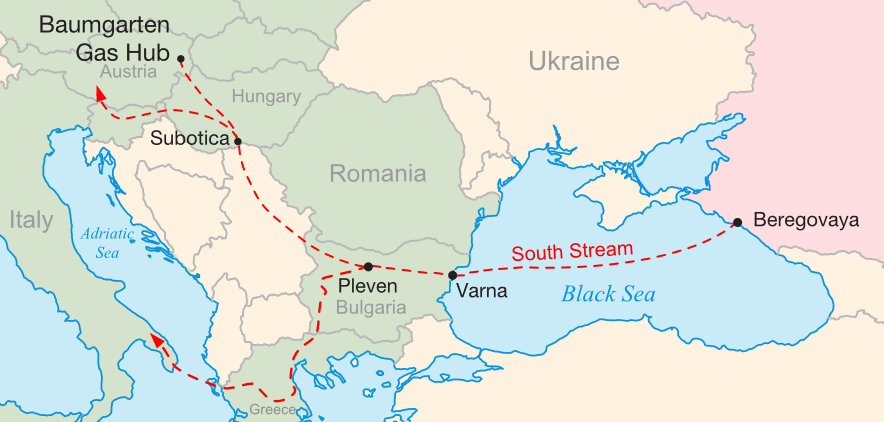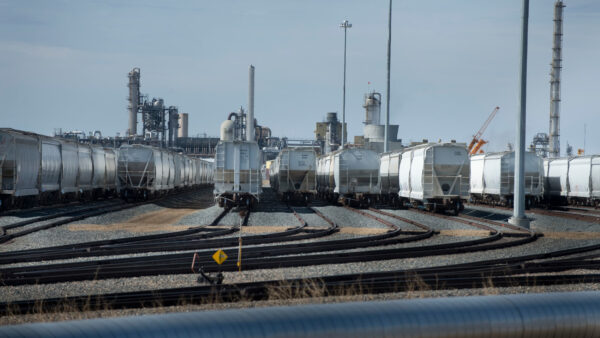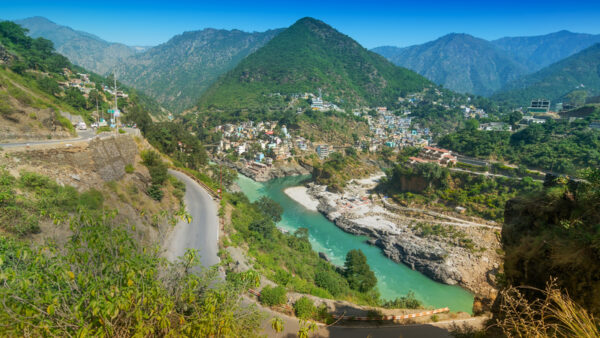On Monday Hungary’s parliament defied the European Union (EU) by passing a law that clears the way for the construction of its section of the Russian-backed South Stream gas pipeline.
The bill, proposed by the Fidesz party of Prime Minister Victor Orban (pictured), makes it possible for any gas company that is not a certified transmission system operator to build a pipeline.Â
It passed comfortably, with 132 parliamentarians voting in favour and 35 against.
“This is meant to give a boost to South Stream and is to show Russia that Hungary is taking the project seriously,” Attila Holoda, an expert on energy regulation who served under Orban as assistant state secretary in 2012, told Bloomberg news agency.
A European Commission spokesperson said that the EU executive knew about the Hungarian decision and was in contact with Budapest, seeking clarifications, reported EurActiv.com.
The proposed 2,446-km South Stream pipeline would carry Russian gas under the Black Sea, bypassing Ukraine, over whose territory Russia’s pipelines now travel on their way westward, to Europe.
Designed to deliver 63 billion cubic meters of gas a year, South Stream would land on the coast of Bulgaria and traverse Serbia, Hungary and Slovenia before entering Italy, according to the latest proposed route.

The proposed route of the South Stream pipeline (Wikimedia Commons)
In May the EU and the US pressured Bulgaria to stop work on its part of the line. The EU opposes the project because it breaches EU competition rules, which prevent a gas producer being sole owner-operator of a gas pipeline.
The EU wants Russia’s state-owned Gazprom to let other producers use the pipe, a position Gazprom rejects.
The US pressured Bulgaria to stop work because a Russian company building the pipeline there was subject to US sanctions against Russia over its annexation of Crimea.
According to the Hungarian press, the new law requires a pipeline construction company to get approval only from the Hungarian Energy Office. Unchallenged, the move would set a precedent for other EU countries who want the pipeline on their territories.
The European Commission has ruled that bilateral agreements between EU members and Gazprom breach EU law.
Hungary’s Viktor Orban has been a vocal critic of sanctions against Russia.
“Orban is testing the EU’s limits with Russian backing,” said Andras Deak, a Budapest-based analyst at the Hungarian Academy of Sciences, in an interview with Bloomberg. “But,” he added, “the EU stopped Bulgaria and it’s going to stop us as well.”
Photograph: Hungarian Prime Minister Viktor Orban addressing the 2014 European People’s Party Congress in Dublin. Mr Orban has been a vocal critic of sanctions against Russia (Wikimedia Commons)










